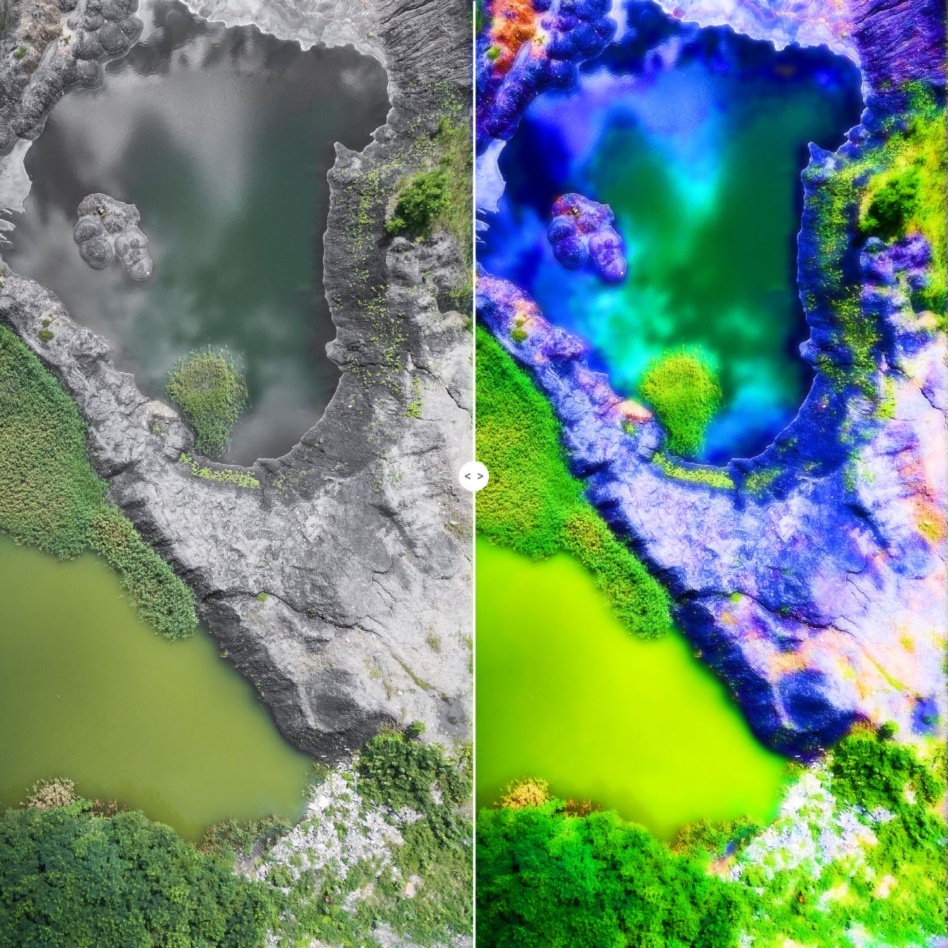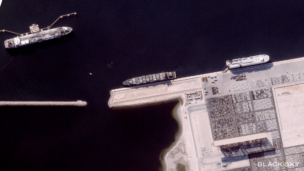Wyvern, a two-year-old hyperspectral startup, is signing on to secure observation time on a Loft Orbital mission slated for next year to expand the capacity of its Dragonette constellation.
Seeing colors
Compared to optical sensors, which can collect data across three or four spectral bands—roughly red, blue, and green—hyperspectral sensors divide light into much narrower regions and produce much more granular data that can reveal details about the chemical composition of their targets.
Hyperspectral data has been used in defense for decades from mainly airborne platforms. It’s only in the past few years that a commercial hyperspectral market has cropped up. That’s for a few reasons, Wyvern CEO Chris Robson and strategy VP Thomas VanMatre told Payload:
- Downlink density. Due to the data density of observations that include tens of spectral bands, hyperspectral data is more difficult to download and transmit back to Earth.
- Miniaturization. Technological advances have led to smaller sensors that no longer require huge government-owned buses.
- Power. It takes more power and work to understand hyperspectral than optical.
- Cost. “Bringing data down from space and storing it on premises or physical storage is incredibly costly,” VanMatre said. “Now that most ground stations have moved into the cloud, they’re operating either on a Microsoft or Amazon backbone, you’re able to store vast volumes of data at a fraction of the cost.”
Enter Wyvern
The Alberta, CA-based company is eyeing a commercial market for hyperspectral data, particularly for environmental monitoring, agriculture, and forestry applications, though it’s pursuing many other markets as well.
“I’d love to be able to give people the ability to say, ‘Hey, how’s Earth doing today?’ And to just be able to check on their phones and receive an answer,” Robson said.
The company was founded just about two years ago, then graduated from Y Combinator’s Winter 2022 batch. Since then, it has launched the first two birds in its Dragonette constellation. Those satellites, currently undergoing commissioning, are designed to collect data across 32 spectral bands with a five-meter resolution.
Loft’s style
Loft Orbital calls itself a space infrastructure company, flying “standardized platforms, meant to be almost commoditized,” COO and cofounder Alex Greenberg told Payload. It flies customer missions on Airbus-built buses, handling the process of getting a satellite to space from end to end.
Sometimes, when it sees a trend of customer demand for a particular technology, it will launch a mission where, rather than installing a customer payload, Loft owns the payload and sells capacity.
- This way, multiple customers can take advantage of the payload when they need it—either for a certain percentage of observation time or over a particular region, Greenberg said.
- Loft has launched a handful of missions in this style, including imaging and RF missions as well as one previous hyperspectral mission.
The partnership
Under the agreement, Wyvern will purchase an undisclosed amount of space on Loft’s hyperspectral mission, slated for launch next year on a Transporter flight, to increase the amount of data it can get to its customers quickly. Loft has access to more ground stations, Robson said, which will enable the company to downlink higher volumes of data for its customers.




